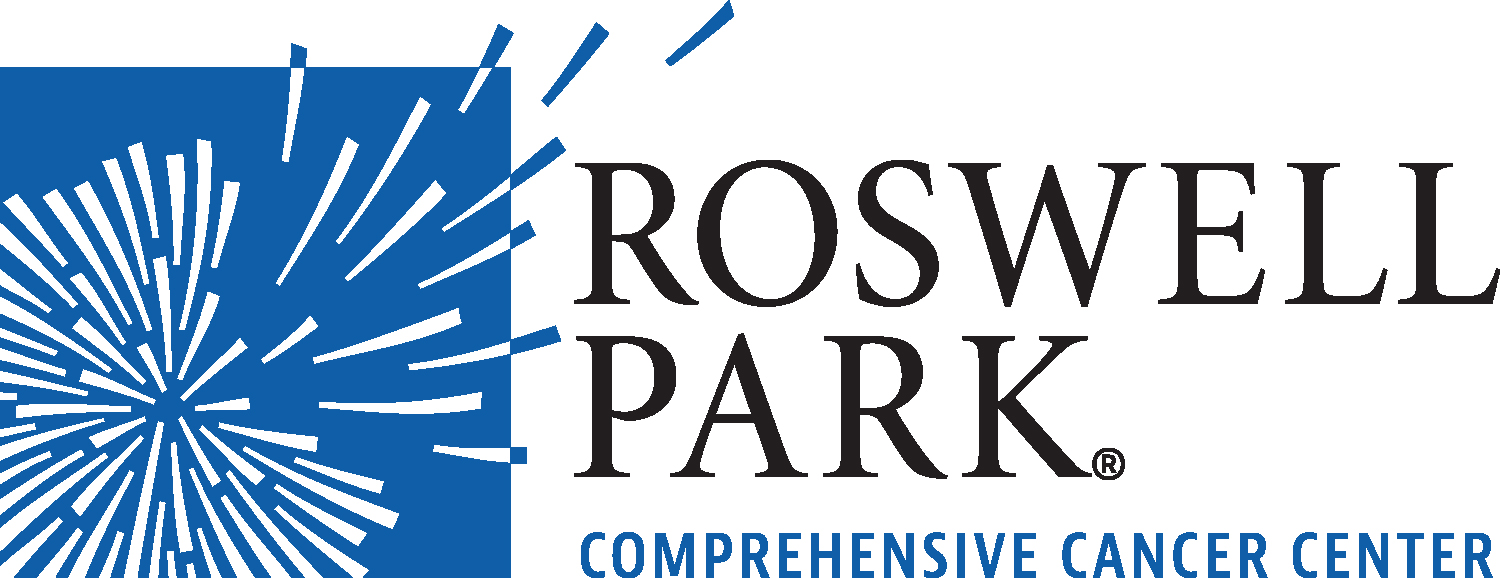Today, Roswell Park Comprehensive Cancer Center and the Bristol Myers Squibb Foundation announced a $3.3 million program to address the cancer burden in rural areas and Native Nations across New York State, with an emphasis on the Western New York region.
The grant from the Bristol Myers Squibb Foundation supports a service collaboration between Roswell Park, the Indian Health Service (IHS) and geographically matched rural federally qualified health centers (FQHCs) across New York. It will allow Roswell Park to provide on-site and virtual patient navigation consisting of cancer prevention, screening, treatment and education as well as available education on clinical trials, palliative care and survivorship. The primary focus will be on breast cancer and prostate cancer and secondarily on co-occurring conditions that have high rates in these communities.
Six full-time patient navigators in the high-need communities as well as two virtual navigators will be created through the grant. The funding will support:
- Mobilization of a network of patient navigators in collaboration with IHS health centers and adjacent FQHCs that serve Native American and rural community members to provide a tailored program to improve screening and co-occurring disease management.
- Administration of in-person, phone-based and virtual web-based navigation systems for tribal and FQHC communities.
- Work by patient navigators with healthcare staff and participating clinics to provide education on breast and prostate cancer screening guidelines, cancer care continuum and management of co-occurring conditions.
The initiative has been carefully designed to incorporate the Two Row Wampum philosophy developed by the Haudenosaunee and based on the Two Row Wampum Belt and the Covenant Chain of Friendship. Historically, this Wampum agreement was used as a guideline between Native Americans and the Dutch, French, British and Canada. Like the Two Row Wampum, this patient navigation collaboration will provide a bridge between two health delivery systems that are functioning in parallel, like two boats in the same river.
“This investment in the health and wellness of our community by the Bristol Myers Squibb Foundation will have a great impact not only now, but it’s going to make a difference for generations to come,” says Rodney Haring, PhD, MSW, Director of the Center for Indigenous Cancer Research at Roswell Park. “Directing community members to existing services and resources using specially trained navigators is a proven approach to improving health in underserved or more remote communities. Together, we’re administering a platform to continue the conversation and partnership between Roswell Park, the Indian Health Service and the federally qualified health services, utilizing the Two Row Wampum model as a guide to collaborate in peace, respect and friendship.”
“This work allows us to expand efforts with federally qualified health centers and move into more rural and remote areas, strengthening our established relationships to reshape and refocus our breast and prostate cancer screening,” says Kate Glaser, PhD, Assistant Professor of Oncology in Roswell Park’s Department of Cancer Prevention and Control. “With limited navigation in IHS sites or rural health centers focused on addressing cancer disparities, this service is providing a unique opportunity to improve cancer screening and cancer care in this population.”
John Damonti, President of the Bristol Myers Squibb Foundation, adds: “Our work over the past two decades has demonstrated that efforts such as these must be fully integrated into the community to be successful. Specially trained patient navigators who come from the community, and especially those from an Indigenous background, are a key element of this program that we believe uniquely positions it to deliver significant positive impact.”
“The initiative does align with the IHS vision of healthy communities and quality health care systems through strong partnerships and culturally responsive practices by creating a Native American patient navigator team focusing on breast and prostate cancer and co-occurring conditions,” wrote Rear Admiral Michael Toedt, MD, Chief Medical Officer of the Indian Health Service, an agency within the U.S. Department of Health and Human Services, in a letter to Dr. Haring. “We always strive to raise the physical, mental, social and spiritual health of American Indians and Alaska Natives to the highest level, and we acknowledge the need for and lack of Native American Cancer Patient Navigators across IHS facilities nationally.”
The grant will serve residents in Erie, Chautauqua, Cattaraugus, Allegheny, Niagara and Oneida counties and further north into the St. Regis Mohawk territory, Tuscarora and Tonawanda Band of Senecas through Indian Health Services–Lockport, as well as the Allegany and Cattaraugus Territories of the Seneca Nation. Recruitment for the navigator positions is underway in partnership with tribal partners, IHS clinics, IHS regional offices and our partnering FQHCs to ensure that the hiring reflects the unique perspectives of the area.
Over the three-year project, it is expected that 3,200 community members will be engaged and educated.











